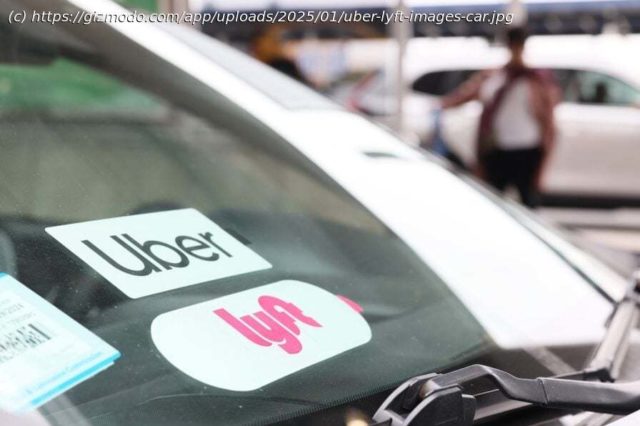Lawmakers want to ban companies from using data about consumers’ devices like battery life, model and geolocation to set fluctuating prices. Proponents say such « surveillance pricing » is discriminatory.
It’s late at night, and you badly need a ride. Your cellphone’s battery is dangerously low.
Should a ridehailing company such as Uber or Lyft be able to charge you more because its artificial intelligence programming thinks you’re desperate since it knows your phone is about to die?
Not if Hayward Democratic Sen. Aisha Wahab has her way.
Her Senate Bill 259 would prevent retailers from using artificial intelligence to jack up prices using the information stored on customers’ phones. That could include the phone’s battery life, whether it’s an older model, what apps are installed, what time of day it is, where its user is located and where they live.
“Our devices are being weaponized against us in order for large corporations to increase profits, and it has to stop,” Wahab told the Assembly Judiciary Committee last month.
Wahab’s bill to limit surveillance pricing that’s coasting through the Legislature is the latest example of California lawmakers trying to reign in the explosion of AI technology this year. Their 29 other legislative proposals this year include a ban on using algorithmic systems to set rent prices and a measure to protect people from automated discrimination by AI models that make critical decisions about a person’s employment, education, housing, health care, finance, criminal sentencing and access to government services.
Wahab’s measure has been an easier sell than some of the other AI proposals that have already failed thanks, in part, to it being billed as part of Democrats’ post-election pledges to cut costs for Californians.
It also has the backing of the state’s influential labor unions, which tend to get their way in the Legislature.
Its labor supporters include the American Federation of State, County and Municipal Employees (AFSCME) and the California Labor Federation. In total, those labor groups have donated at least $8.5 million to lawmakers in the last 10 years, according to CalMatters Digital Democracy database.‘A high-tech assault on working people’
The unions argue that using algorithms and AI to generate higher prices for customers is inherently discriminatory and should be illegal.
Ivan Fernandez, a lobbyist with the California Labor Federation, called the practice of surveillance pricing a “high-tech assault on working people” during a hearing before the Assembly privacy committee in June. He argued that people are already struggling to afford the high cost of living in California, and companies should not be able to “use our data to squeeze every cent they can.”
“Using data such as a person’s geolocation or their phone battery to determine how much to upcharge them for a good or service further exacerbates this issue of affordability for our affiliate members and for workers,” Fernandez said.
On the other side are business and tech groups that also have donated heavily to legislators but tend to get their way less often than labor does.
Home
United States
USA — software Should Lyft and Uber Charge More if Your Battery Is Low? California...






